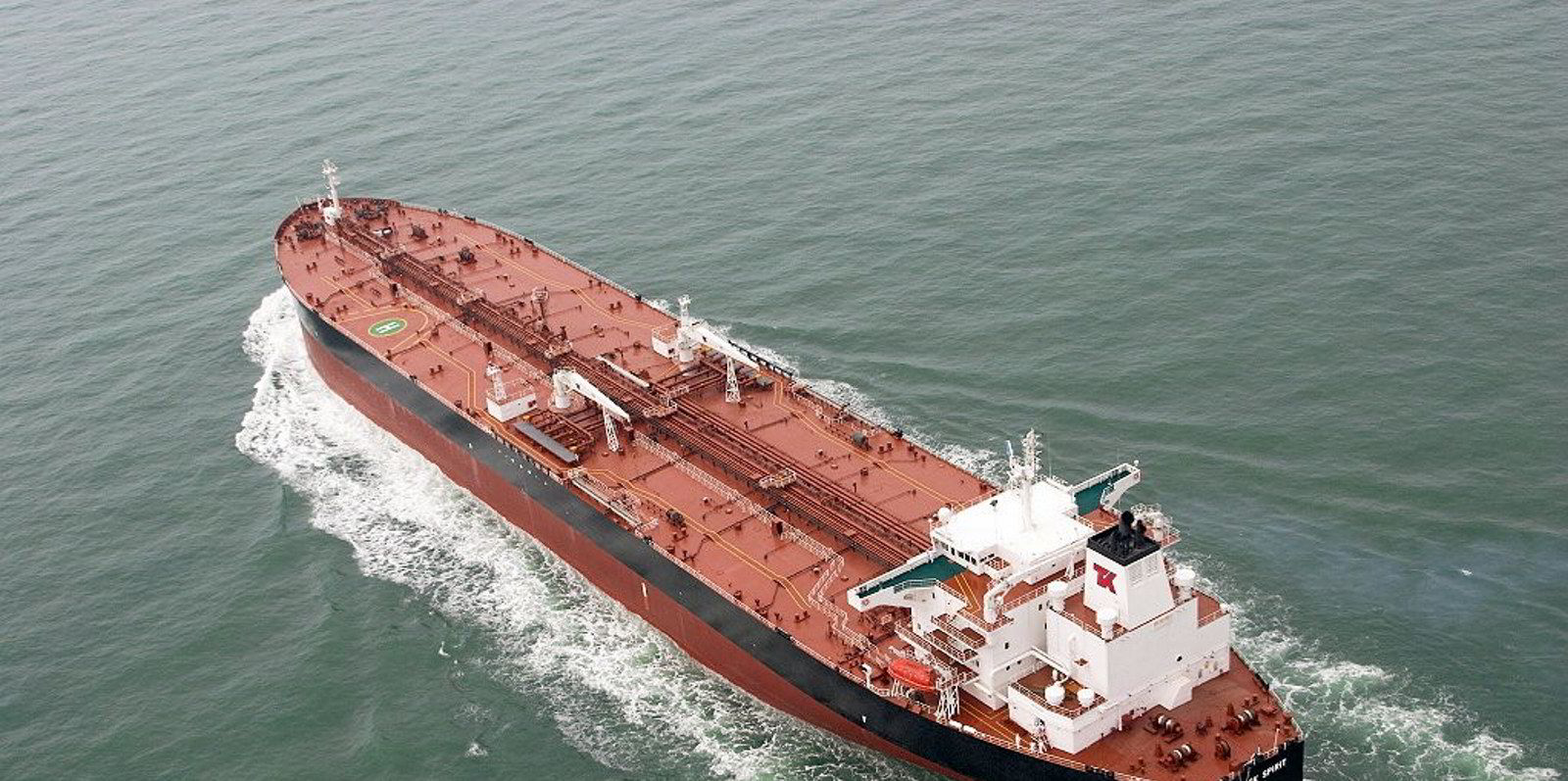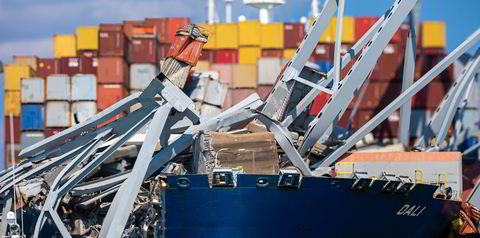LR2 owners are facing threats from crude tankers after a “dismal” week, according to Barry Rogliano Salles (BRS).
The French shipbroker said the main threat to the aframax-sized product carriers comes from “clean-up ships”, ie crude tankers switching into the clean trades.
“With the majority of westbound cargoes being diesel at the moment, charterers have the opportunity to cover cargoes on dirty tonnage,” the Paris shop added.
These crude ships are offering hefty discounts to clean rivals.
“This leaves the remaining LR2s without much to work with and rates in all directions should come off, considerably,” BRS said. “There is a slow realisation amongst owners that they are losing their footing, which could result in a hefty drop for next-done levels.”
Numbers on benchmark routes have yet to be tested, the broker added. Only a handful of new cargoes have appeared in the market.
UK shipbroker Howe Robinson Partners quoted LR2s from the Middle East Gulf to Japan at $26,900 per day.
The smaller LR1 ships are currently earning more at $31,800 on the same route.
BRS said that although LR1s have had a “thoroughly uninspiring” week, cargoes continue to be quoted.
“Charterers aren’t in a hurry to cover as with each successive fixture rates slide down a touch further,” the broker added.
Clinging on?
Without much Far East activity to stem the flow of ballast ships, the question is how long owners are able to cling on, BRS believes.
The broker has also noted some private deals being concluded, with charterers looking to upsize smaller stems given the discounts on offer on the bigger LR2s.
In the 30,000-dwt MR sector, Howe Robinson was quoting cross-Mediterranean rates at $77,800 per day after a downward correction of Worldscale (WS) 60 points to WS400.
There was only one cargo in the market left over, so further chunks are expected to be taken off these rates, the London company said.
“Naturally, after such a quiet start, we’d expect more enquiry tomorrow, but with the fixing window moving quickly ahead now, and prompt vessels taking cargoes six to seven days ahead, there’s no sign of this softening sentiment disappearing this week,” Howe Robinson said.





